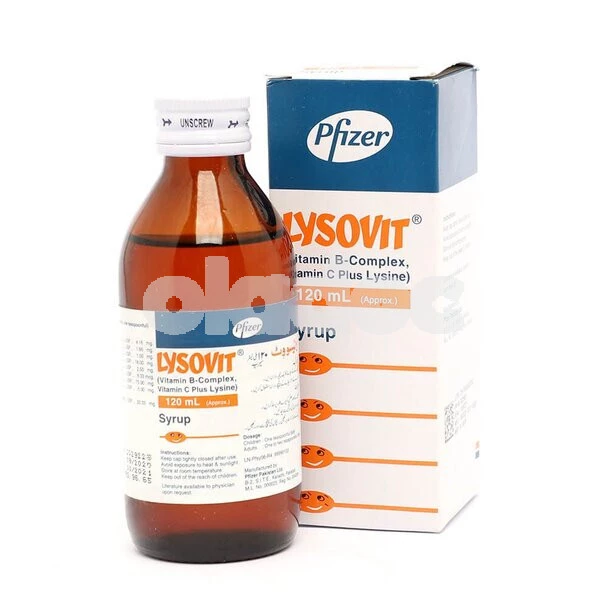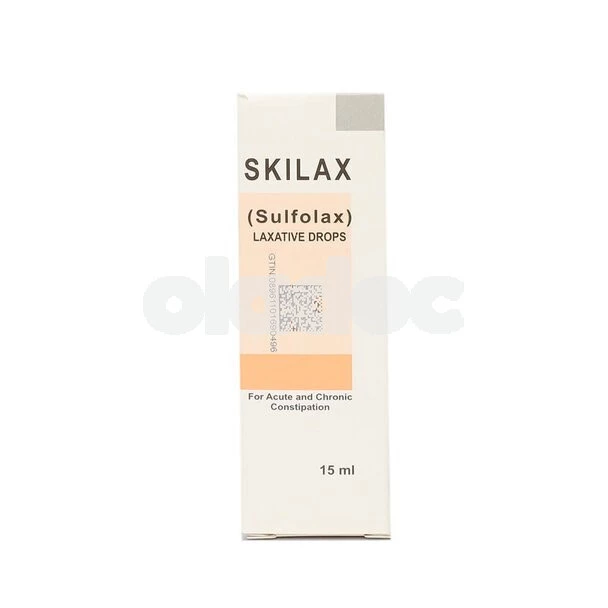In recent years, the field of dermatology has witnessed exciting advancements in regenerative medicine, and one of the most promising areas of research is the use of exosomes for face and hair treatments.
Exosomes, tiny vesicles secreted by cells, have gained recognition for their role in intercellular communication and their ability to transport bioactive molecules. These tiny powerhouses are now being harnessed to rejuvenate the skin, stimulate hair growth, and address various dermatological concerns.
Table of Contents
What Are Exosomes?
Exosomes are nanosized vesicles, typically ranging from 30 to 150 nanometers in diameter, that are released by various cell types.
They carry a cargo of proteins, lipids, nucleic acids (like RNA), and growth factors. Exosomes play a pivotal role in cell-to-cell communication, facilitating the transfer of biological information and influencing cellular functions. This natural cell signaling mechanism is now being exploited for therapeutic purposes in dermatology.
Exosomes for Skin Rejuvenation:
Exosomes derived from mesenchymal stem cells (MSCs) have emerged as a game-changer in the world of aesthetic dermatology.
These tiny vesicles contain a wealth of growth factors and signaling molecules that can stimulate collagen production, improve skin texture, and reduce the appearance of fine lines and wrinkles.
By delivering these bioactive molecules directly to the skin’s cells, exosomes can help rejuvenate the skin, promoting a more youthful appearance.
Exosomes for Hair Regrowth:
Hair loss, a common concern for many, can be addressed with exosome therapy. In particular, exosomes derived from MSCs have shown promise in promoting hair follicle regeneration and hair growth.
They can stimulate the dormant hair follicles, increase blood flow to the scalp, and enhance hair thickness and density. This non-invasive approach offers new hope to those suffering from conditions like androgenetic alopecia.
Wound Healing and Skin Disorders:
Exosomes are not limited to cosmetic treatments alone. Their ability to accelerate wound healing is noteworthy. By promoting tissue regeneration and reducing inflammation, exosomes can be beneficial for various dermatological conditions involving wounds, burns, or ulcers.
Moreover, exosomes are being explored for managing skin disorders like psoriasis and atopic dermatitis due to their anti-inflammatory and immunomodulatory properties.
Scar Reduction:
Scars, whether from surgical procedures or trauma, can have a significant impact on one’s self-esteem. Exosomes offer the potential to minimize scar formation and improve their appearance.
By modulating the wound healing process, exosomes may reduce the size, redness, and texture of scars, leading to more aesthetically pleasing results.
The Future of Exosome Therapy in Dermatology:
The use of exosomes in dermatology holds immense promise, offering less invasive and more natural treatment options for a range of conditions. While research is ongoing, the potential benefits of exosome therapy in skin and hair treatments are evident.
Conclusion
Exosomes are changing the landscape of dermatology by providing new opportunities for skin rejuvenation, hair regrowth, wound healing, and the management of various skin conditions.
As the field of regenerative medicine continues to evolve, exosomes are likely to play a key role in the future of dermatological treatments, offering patients innovative solutions for their face and hair concerns.






